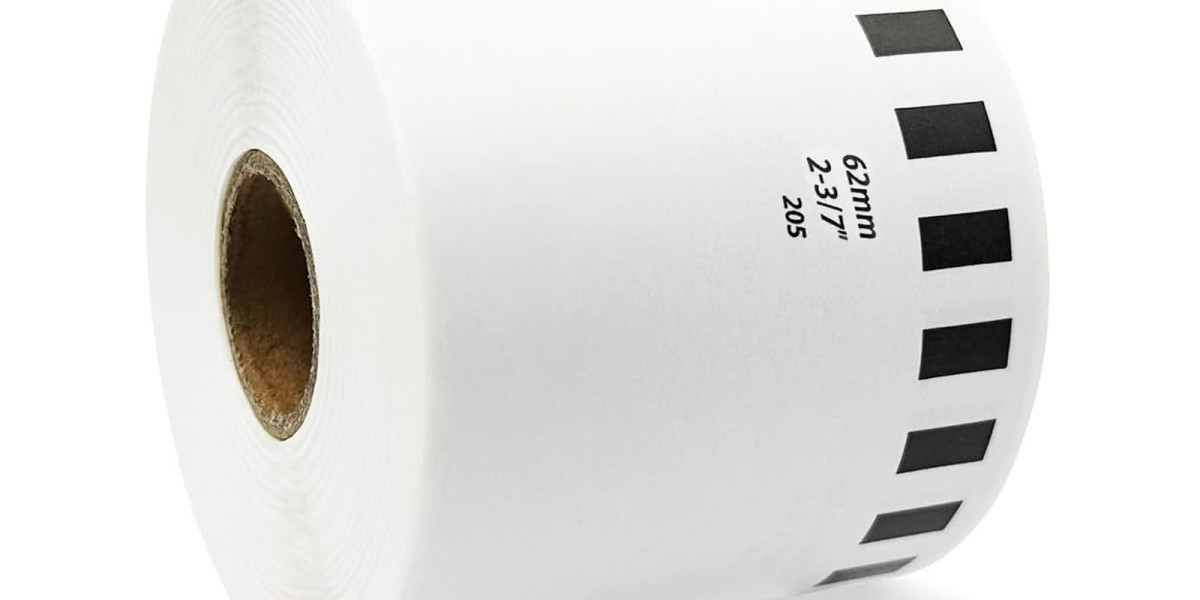Lights, camera, action! The world of television is a captivating realm where stories come to life, characters become icons, and viewers are transported to alternate realities. At the heart of every successful TV show lies a meticulously crafted script. These scripts serve as the blueprint for the magic we see on screen, weaving together dialogue, action, and emotion to create unforgettable episodes. In this comprehensive guide, we delve into the captivating world of TV show scripts, exploring their significance, structure, and the artistry behind their creation.
The Backbone of Television: TV Show Scripts
TV show scripts are the backbone of every successful series, guiding actors, directors, and crew through the intricacies of each scene. They are the literary masterpieces that give life to characters, infuse drama into dialogue, and set the stage for unforgettable moments. Whether it's the gripping suspense of a crime thriller, the heartwarming comedy of a sitcom, or the fantastical adventures of a sci-fi epic, it all begins with a script.
Understanding the Anatomy of a TV Show Script
Before we dive deeper into the world of TV show scripts, let's break down their fundamental components. A typical script consists of several key elements, each playing a crucial role in the storytelling process:
- Scene Heading: Also known as a slug line, this element sets the scene by indicating whether the action takes place indoors (INT.) or outdoors (EXT.), the specific location, and the time of day.
- Action: Descriptive paragraphs that detail the physical actions, movements, and settings within a scene. This helps to paint a vivid picture for both the reader and the production team.
- Character Names: When a character speaks, their name is capitalized and centered above their dialogue. This makes it clear who is speaking, allowing actors to easily identify their lines.
- Dialogue: The lifeblood of any script, dialogue is the spoken words of the characters. It's where personalities shine, conflicts arise, and emotions run high.
- Parentheticals: These are brief descriptions, often in parentheses, that provide additional context for how a line should be delivered. They can convey emotions, tone, or actions while speaking.
- Transitions: These indicate how one scene flows into the next, guiding the pacing of the episode and maintaining continuity.
The Art of Crafting Compelling Dialogue
Dialogue is one of the most critical elements of a TV show script. It's where characters reveal their personalities, relationships unfold, and conflicts reach their boiling points. Writing compelling dialogue requires a delicate balance of authenticity, wit, and emotional depth. Here are some tips for crafting dialogue that captivates audiences:
- Stay True to Character: Each character should have a distinct voice and manner of speaking. Whether it's the quick-witted banter of a comedy or the gritty realism of a drama, dialogue should reflect who the characters are.
- Show, Don't Tell: Instead of directly stating emotions or intentions, let dialogue reveal them through subtext. This adds layers of complexity and intrigue to the scene.
- Use Contractions and Colloquialisms: People don't always speak in formal language. Contractions like "don't," "can't," and "won't" add a natural flow to dialogue, while colloquialisms and idioms inject authenticity.
- Inject Conflict and Tension: The best dialogue often arises from conflict. Whether it's a heated argument or a romantic confession, tension keeps viewers on the edge of their seats.
The Importance of Structure in TV Show Scripts
Structure is the invisible hand that guides the flow of a TV show script. While the format may vary slightly between genres, a typical structure for a TV pilot script follows a three-act framework:
- Act One (Beginning): This sets the stage, introducing the main characters, the world they inhabit, and the central conflict. It hooks viewers and establishes the tone of the series.
- Act Two (Middle): Here, the story develops, conflicts escalate, and characters face obstacles. It's the meat of the episode, where tension builds and stakes are raised.
- Act Three (End): The climax and resolution. This is where the central conflict comes to a head, leading to a satisfying conclusion or a tantalizing cliffhanger that leaves viewers eagerly anticipating the next episode.
Crafting the Perfect TV Pilot Script
The pilot episode is arguably the most crucial script in a TV series. It's the episode that introduces audiences to the world, characters, and overarching storylines. A successful pilot hooks viewers, establishes the tone, and lays the groundwork for what's to come. Here's how to craft a compelling TV pilot script:
- Introduce Compelling Characters: Viewers need someone to root for, so introduce captivating protagonists with clear goals and motivations.
- Establish the Setting: Whether it's a bustling cityscape, a quaint small town, or a distant galaxy, the setting should feel like a character in itself.
- Create Intriguing Conflict: Every great story revolves around conflict. Whether it's internal struggles, external threats, or interpersonal drama, conflict drives the narrative forward.
- Set the Tone: The pilot sets the tone for the entire series. Whether it's light-hearted and comedic or dark and gritty, establish the mood early on.
- End with a Bang: A strong pilot often ends with a memorable moment that leaves viewers hungry for more. It could be a shocking revelation, a dramatic twist, or a powerful emotional beat.
The Collaborative Nature of TV Show Scripts
Welcome back to our exploration of TV show scripts! In this continuation, we'll delve into the collaborative nature of scriptwriting, the importance of revisions and feedback, and how aspiring writers can break into the competitive world of television writing.
Collaboration Behind the Scenes
TV show scripts are not solo endeavors; they are the result of collaborative efforts involving writers, showrunners, directors, and producers. This collaboration begins in the writers' room, where creative minds come together to brainstorm ideas, develop story arcs, and craft episodes.
The Writers' Room
- Brainstorming Sessions: Writers gather to pitch ideas, discuss character arcs, and map out the season's overarching plot.
- Episodic Breakdowns: Each episode is meticulously planned, outlining the main beats, twists, and character developments.
- Character Development: Writers delve into the motivations, backstories, and growth of each character to ensure consistency and depth.
- Feedback and Revisions: Scripts undergo multiple rounds of revisions, with input from fellow writers and showrunners to refine dialogue, pacing, and plot.
The Importance of Revisions and Feedback
In the world of TV show scripts, revisions are a writer's best friend. The process of refining and polishing a script is crucial to its success. Here's why revisions and feedback are integral:
- Enhancing Clarity: Revisions help clarify plot points, character motivations, and thematic elements, ensuring the story is coherent and engaging.
- Tightening Pacing: Feedback from peers and mentors can identify pacing issues, helping to streamline scenes and maintain momentum.
- Strengthening Dialogue: Through revisions, writers can fine-tune dialogue, making it more authentic, impactful, and memorable.
- Polishing the Story: Each revision brings the script closer to its full potential, polishing scenes, sharpening conflicts, and heightening emotional beats.
Breaking into TV Scriptwriting: Tips for Aspiring Writers
So you dream of penning the next hit TV show? Here are some tips to help you break into the competitive world of TV scriptwriting:
- Study the Craft: Immerse yourself in the world of TV scripts. Read scripts from your favorite shows, analyze their structure, pacing, and character development.
- Network and Connect: Attend industry events, workshops, and seminars to meet fellow writers, showrunners, and producers. Networking can open doors to opportunities.
- Write, Write, Write: The best way to improve your script writing skills is to practice. Write spec scripts for existing shows to showcase your talent and versatility.
- Get Feedback: Join writers' groups, workshops, or online forums where you can receive constructive feedback on your scripts. Use this input to refine your work.
- Be Persistent: Breaking into TV scriptwriting is a marathon, not a sprint. Stay persistent, keep writing, and be open to learning and growth.
Wrap-up
In conclusion, TV scripts are the lifeblood of the television industry. They are the blueprints that bring characters to life, transport viewers to new worlds, and create unforgettable moments. From the collaborative efforts in the writers' room to the meticulous revisions and feedback, crafting a TV show script is a labor of love.
Whether you're an aspiring writer dreaming of breaking into the industry or a dedicated viewer marveling at the magic on screen, understanding the artistry behind TV show scripts adds a new layer of appreciation. So next time you tune into your favorite show, take a moment to marvel at the skillful storytelling, the sharp dialogue, and the captivating characters—all brought to you by the power of a well-crafted TV show script.
Ready to explore more about the artistry behind TV show scripts? Dive deeper into the captivating world of television writing and discover the magic behind your favorite shows. Learn more about tv scripts and unlock the secrets of episodic storytelling.
FAQs
How long is a typical TV show script?
- The length of a TV show script can vary widely depending on the genre and format. Generally, half-hour sitcom scripts are around 25-30 pages, while hour-long drama scripts range from 45-60 pages.
Do TV show writers follow strict guidelines when writing scripts?
- While there are industry standards and formatting guidelines for TV show scripts, writers have creative freedom within these boundaries. The key is to deliver a compelling story that engages viewers.
How do TV show scripts differ from movie scripts?
- TV show scripts are often more episodic, with multiple storylines unfolding over a series of episodes or seasons. Movie scripts, on the other hand, are self-contained stories with a beginning, middle, and end within a 90-120 minute timeframe.
How long does it take to write a TV show script?
- The timeline for writing a TV show script can vary. Some writers can complete a draft in a few weeks, while others may take several months. It depends on the complexity of the story, the number of revisions, and the writer's process.
Do all TV show scripts follow the same format?
- While there are industry standards for TV show script formatting, there can be variations based on the genre and style of the show. Comedy scripts, for example, may have more emphasis on jokes and pacing, while drama scripts delve deeper into character emotions and conflicts.
Are there specific software programs for writing TV show scripts?
- Yes, there are several software programs designed specifically for writing TV show scripts, such as Final Draft, Celtx, and Scrivener. These programs offer features like industry-standard formatting, scene breakdowns, and character databases to streamline the writing process.


